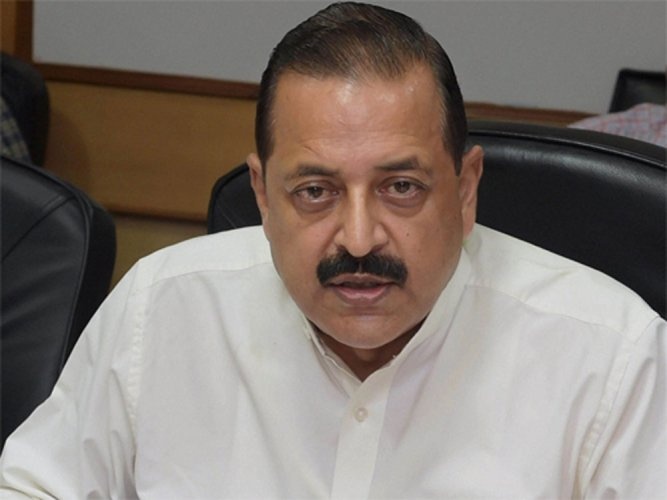
Government Introduces Parental Care Leave for Central Employees
Union Minister Jitendra Singh addressed the Rajya Sabha on Thursday, announcing revised leave policies for Central Government employees. The new regulations allow staff to take up to 30 days of earned leave annually to care for elderly parents, marking a significant shift in work-life balance policies. This provision, outlined under the Central Civil Services (Leave) Rules, 1972, aims to address the growing need for family care while maintaining professional responsibilities. The move has sparked discussions about the importance of balancing career and familial obligations, particularly in an aging population.
Comprehensive Leave Entitlements for Employees
Under the updated framework, Central Government employees are entitled to a range of leave types beyond the 30-day earned leave. These include 20 days of half-pay leave, 8 days of casual leave, and 2 days of restricted holiday per year. Singh emphasized that these provisions are not limited to parental care but can be used for any personal reason, offering flexibility to employees. The policy aligns with broader efforts to enhance workplace welfare, ensuring that staff can manage personal emergencies or family commitments without compromising their professional duties.
Focus on Elderly Care and Work-Life Balance
The 30-day earned leave for elderly parents is a notable addition, reflecting the government’s recognition of caregiving challenges. With India’s aging population, this measure seeks to alleviate the burden on working families. Experts argue that such policies can reduce stress and improve mental health among employees. However, some critics question the adequacy of the leave duration, suggesting longer periods may be needed for comprehensive care. The provision also raises questions about implementation, including how leave will be allocated and whether it will be extended to other categories of workers.
Historical Context and Policy Evolution
While the 30-day leave for parental care is new, the Central Government has previously introduced measures to support employees. For instance, the 2019 amendment to the Leave Rules expanded casual leave to 8 days, and the 2021 policy on maternity leave included provisions for paternity care. This latest announcement builds on these reforms, emphasizing a holistic approach to employee welfare. Singh highlighted that the policy reflects the government’s commitment to addressing contemporary workforce challenges, ensuring that public servants can fulfill both professional and personal responsibilities effectively.
Future Implications and Employee Reactions
The new leave provisions are expected to influence future labor policies, potentially inspiring state governments to adopt similar measures. However, the success of the policy will depend on its implementation and enforcement. Employees have expressed mixed reactions, with many appreciating the flexibility but others calling for clearer guidelines. As the government rolls out this initiative, it will be crucial to monitor its impact on workplace dynamics and employee satisfaction. Ultimately, this policy represents a step toward creating a more compassionate and supportive work environment for Central Government employees.




